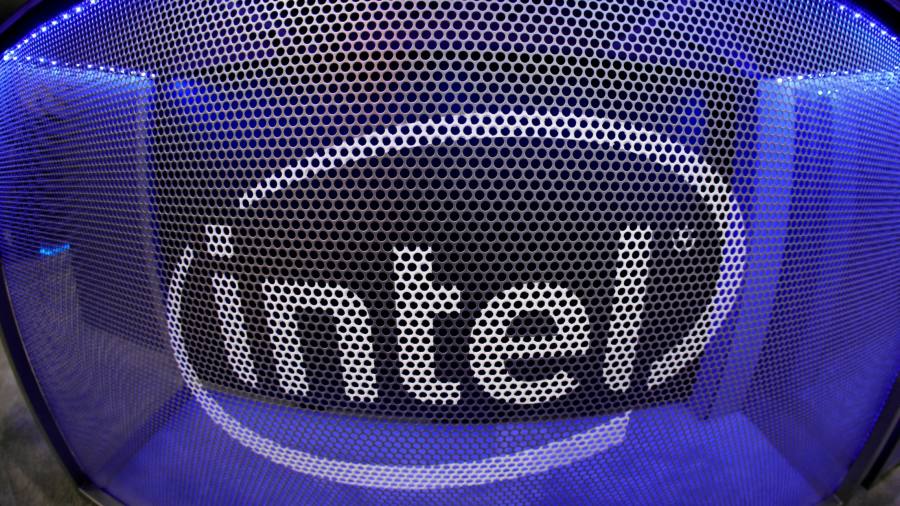Intel has “in principle” agreed to invest about $25 billion in a new chip factory in Israel, Prime Minister Benjamin Netanyahu said on Sunday.
The US semiconductor giant said it had “presented a business plan to modernize its manufacturing facilities in Israel,” where it has operated since 1974, but declined to confirm “specific details of the project.”
Intel announced a first $10 billion phase of its expansion plan two years ago. That makes the additional $15 billion commitment the latest in a series of huge projects aimed at bolstering Intel’s manufacturing footprint after a period of underinvestment and making it more competitive with Taiwan’s TSMC.
Netanyahu said the new factory in Kiryat Gat, where Intel already has a facility, is “the biggest investment ever” in Israel.
Intel is negotiating with Germany to increase subsidies for a €20 billion plant in Magdeburg and has also announced investments of more than $50 billion to build new sites or expand existing manufacturing facilities in Ohio, Arizona and Ireland. Last week, the company announced that it would build a $4.6 billion semiconductor assembly and test plant in Poland and is currently negotiating to build a similar plant in Italy.
The wave of new investments comes at a time when Intel has suffered a severe cyclical demand slump that’s weighing on its finances. There’s also the question of whether it can move forward with new manufacturing processes and chip designs fast enough to capitalize on AI’s increasing chip demand.
The company has already hinted that it may be shedding some of its investments, saying it is only moving ahead with the construction of the buildings for its new facilities and is holding off on the more expensive work to outfit them until it is certain when demand will pick up again.
“Our intention to expand production capacity in Israel is based on our commitment to meet future production needs. . . and we appreciate the continued support of the Israeli government,” Intel said in a statement.
Hundreds of thousands of Israelis have taken part in weekly protests since Netanyahu’s far-right government unveiled controversial plans to reform the judiciary earlier this year, with executives from the booming tech sector among the most vocal critics of the proposals.
Israel’s central bank governor warned last month that the row over the reform has caused a “significant domestic shock” to the economy. Meanwhile, the Israel Innovation Authority warned in May that there had been “a significant increase” in the number of Israeli startups registering abroad rather than in Israel.
Netanyahu has consistently downplayed fears about the economic impact of judicial reform, saying on Sunday that Intel’s planned investment is an “expression of great confidence in the Israeli economy.”
“[It] accurately reflects the strength of the free economy that we have built here and the technological economy that we are developing,” he said.
Israel’s Treasury Ministry said the project is expected to employ thousands of new workers. It added that Intel would pay a local tax rate of 7.5 percent under the agreement, up from the current 5 percent.

